Archaeology, driven by a deep curiosity about human societies and their historical connections, is a fundamental aspect of humanity’s pursuit of knowledge and truth. It delves into the past to shed light on past human accomplishments, often showcased to the public through various mediums like publications and museum exhibitions. By analyzing and interpreting cultural artifacts, which serve as the heritage of people, archaeology plays a crucial role in addressing present-day issues since the present is shaped by the past.
Especially in Africa, ownership of archaeological heritage or land serves as a means of validating existence, contributing significantly to the historical identity of nations, communities, and individuals. These archaeological discoveries not only preserve the memory of ancient achievements but also inform future decisions across all levels of society. Understanding the significance of these heritages is essential in comprehending the identity and aspirations of a particular people, often serving as a rallying point for nationalistic movements, as witnessed in Africa post-World War II.
In Nigeria, numerous archaeological sites have yielded captivating findings, offering valuable insights into the country’s history.
Excavations have revealed evidence of early ironworking in the Nok Valley, spanning from 200 BC to 1000 AD, characterized by the production of intricate terracotta figurines. Similar discoveries have been made in various locations such as Jos, Abuja, and Katsina-Ala, underscoring the widespread influence of the Nok culture.
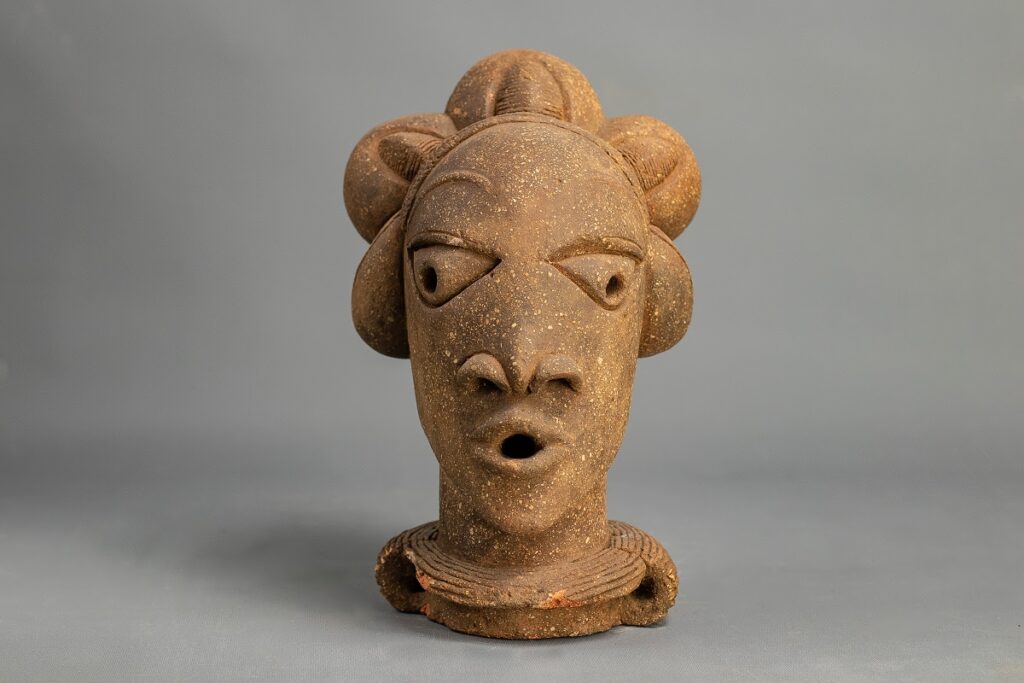
Archaeological digs across Nigeria have unearthed Acheulian materials and various stone tools, providing clues about ancient settlement patterns and defense strategies. The discovery of sophisticated settlements like Kano, Katsina, and Nok Valley, among others, showcases the ingenuity of past populations.
Artifacts such as terracotta figurines and bronze materials found in these sites reflect not only high aesthetic and artistic values but also offer glimpses into the socio-political systems of their respective periods. Objects like Nok terracotta, Igbo Ukwu bronzes, Ife brass heads, Benin bronzes, among others, highlight the rich artistic heritage of Nigeria and its potential to unify diverse peoples.
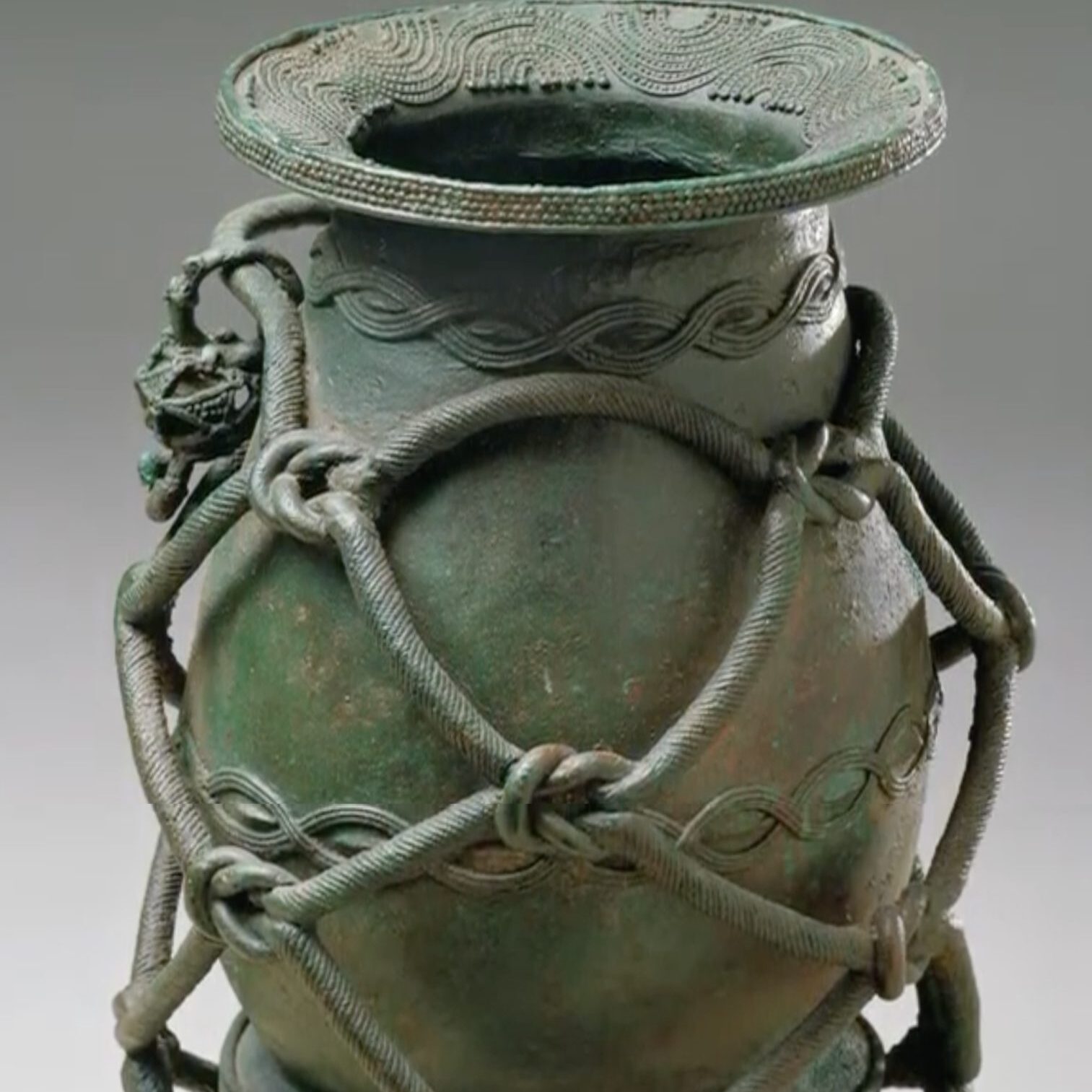
The presence of ancient city walls and fortifications, ranging from stone to mud constructions, emphasizes the importance of defense and security in ancient societies.
The discovery of the Dufuna canoe in Yobe State, dating back approximately 800 years, suggests environmental changes over time, showcasing the dynamic relationship between humans and their surroundings.
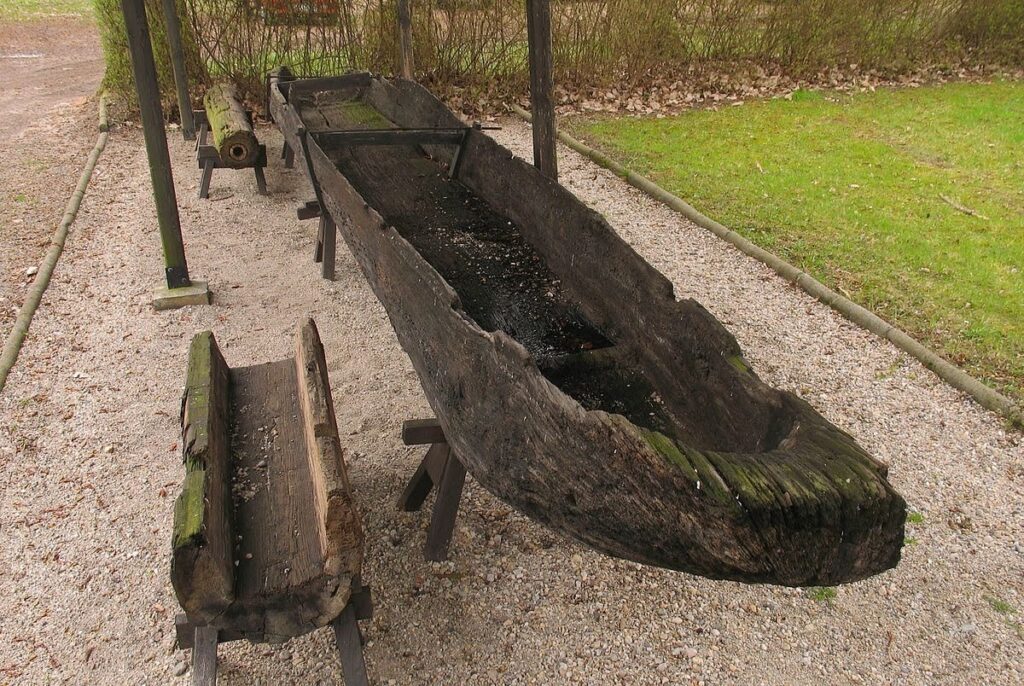
Two locations in Nigeria have received official recognition as UNESCO World Heritage Sites: the Sukur Cultural Landscape in Adamawa State, designated in 1999, and the Osun-Oshogbo Sacred Grove, declared in 2005. Additionally, twelve other sites are on UNESCO’s tentative list for World Heritage Sites, including Benin Iya/Sungbo’s Eredo (1995), Old Oyo (1995), Kwiambana and/or Ningi (1995), Oban Hills/Korup (1995), Niger Delta Mangrove (1995), Gashaki-Gumpti National Park (1995), Oke Idanre (Idanre Hill) (2007), Arochukwu Long Juju Slave Route (Cave Temple Complex) (2007), Ancient Kano City Walls and Associated Sites (2007), Surame Cultural Landscape (2007), Alok Ikom Stone Monoliths (2007), Ogbunike Caves (2007), Lake Chad Cultural Landscape (2018), and Cross River – Korup – Takamanda.
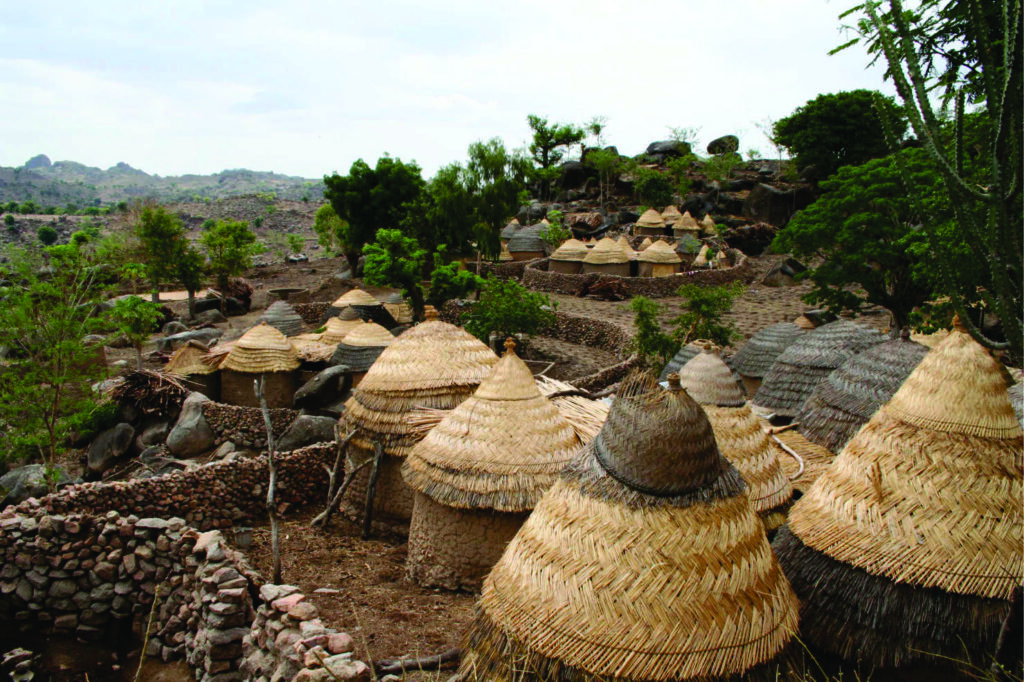
Nigeria boasts other remarkable cultural treasures such as the Ancient Walls of Benin, dating from 800-1400 AD, described as the largest earthworks globally; Igbo-Ora, nicknamed the ‘Twin capital of the World’ due to its unusually high rate of twin births; and the Sungbo Eredo in Ijebu-Ode, Ogun State, believed to be the largest pre-colonial monument in Africa.
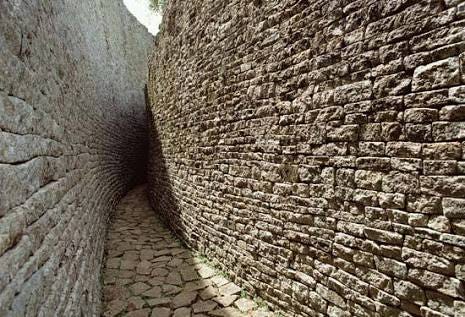
Numerous archaeological studies in Nigeria have illuminated various aspects of ancient Nigerian life, including arts, crafts, trade, human settlements, and environmental adaptations. The country also possesses rich intangible heritage resources, encompassing practices, representations, expressions, knowledge, skills, instruments, objects, artifacts, and cultural spaces, evident in cosmology, literature, religion, and more.
Archaeological investigations have revealed the ancient Nigerians’ exploration, smelting, and utilization of iron ore, leading to the forging of tools that empowered leaders and kings to assert control, facilitating the emergence of centralized states by the 19th century. Evidence suggests ancient contacts between Nigerians and other African regions, such as North Africa, possibly facilitated by the Trans-Saharan trade.
Rituals, tribal marks, and local language-based names given to individuals and places are vital aspects of Nigeria’s cultural heritage. The introduction of archaeology as a university course holds promise for uncovering further past achievements of the Nigerian people.



